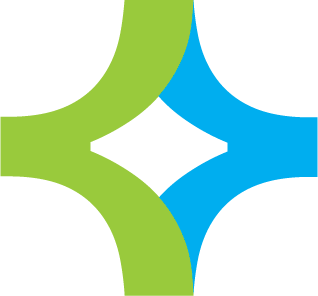About CodeAbility Podcast
Welcome to CodeAbility, the podcast dedicated to amplifying the voices of people with disabilities in the tech industry. Our mission is to explore the intersection of accessibility, inclusion, and innovation, providing practical advice and real-life stories that inspire change in computing and beyond.
Our Mission
At CodeAbility, we believe that technology should be for everyone. Each episode dives deep into the unique perspectives of individuals with disabilities in tech, highlighting:
- Real-world experiences.
- The power of inclusive design.
- The importance of representation in the computing field.
Whether you’re a student, professional, or ally, CodeAbility offers engaging conversations designed to educate, inspire, and empower.
Supported by AccessComputing
This podcast is proudly supported by the NSF Broadening Participation in Computing Alliance AccessComputing. Through this initiative, we aim to increase the participation of people with disabilities in computing fields and build a more equitable future in technology.
NSF Grant No.: [Minigrant 2022-05]
Meet the Host
Dr. Meredith Moore is the host and creator of CodeAbility. A passionate advocate for accessibility and equity in computing, Dr. Moore brings years of experience in academia, research, and community building to the podcast. Through insightful conversations with guests, Dr. Moore sheds light on the opportunities and challenges faced by individuals with disabilities in tech.
Join the Conversation
We’d love to hear from you! Whether you have feedback, ideas for topics, or suggestions for guests, feel free to reach out. Let’s work together to create a tech community that values inclusion and innovation.
📱 Follow us on Twitter, Instagram, and TikTok.
🌐 Explore more: CodeAbilityPodcast.github.io
Episodes
Ready to dive in? Check out our Episodes to hear the stories and insights shaping a more inclusive tech future.
Thank you for supporting CodeAbility. Together, we can make a difference in technology and beyond.
This material is based upon work supported by the National Science Foundation under Grant Number 2137312. Any opinions, findings, and conclusions or recommendations expressed in this material are those of the author(s) and do not necessarily reflect the views of the National Science Foundation.
